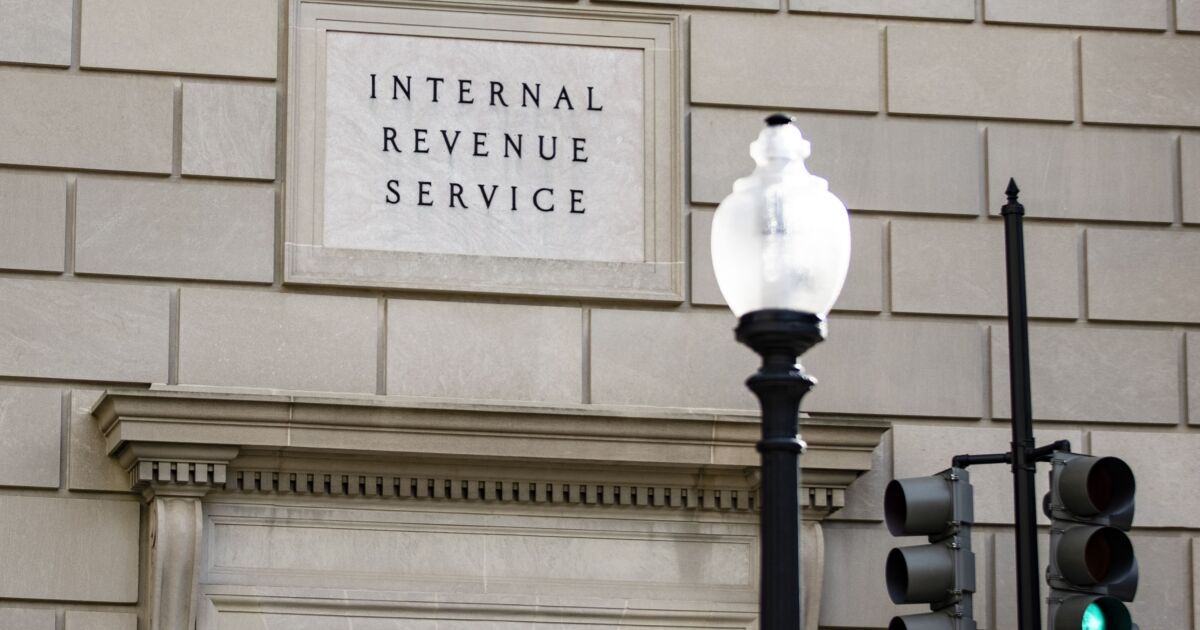Stay informed with free updates
Simply sign up to the Japanese business & finance myFT Digest — delivered directly to your inbox.
Three-fifths of Japan’s prime-listed companies have failed to disclose plans to improve capital efficiency that were requested by the Tokyo stock exchange as part of a radical scheme aimed at shaming them into reform.
The Japan Exchange Group, which controls the Tokyo stock market, on Monday publicly named 660 of the 1,656 companies listed on its Prime section as having complied with its request to outline plans to raise their valuations.
The list of companies that complied, which included major names such as Sony and Panasonic, is intended to publicly shame those that fail to do so.
Monday’s list did not include some blue-chip companies, such as Toyota and SoftBank, but analysts said the main targets of the exercise were the myriad smaller businesses that are struggling to generate returns on their capital and to engage adequately with shareholders.
JPX’s list is designed to put pressure on the roughly half of companies on its Prime section that have a price-to-book ratio of less than one — meaning the market values them below the stated worth of their net assets. Only five per cent of S&P 500 companies have price-to-book ratios below that critical level, according to JPX.
The release of the list of companies that disclosed business plans came as the Nikkei 225 index briefly rose 1.2 per cent on Monday to cross the 36,000 mark for the first time since 1990, propelled by investor hopes for more serious regard for shareholder returns.
The Nikkei 225 has soared 39 per cent in the past 12 months and nearly eight per cent so far this year, with a long-absent return of inflation and geopolitical tensions also pushing more capital to Japan.
Among companies on the Prime section, JPX said 9 per cent of those that had not provided capital efficiency plans were considering doing so. Such plans could include launching share buybacks, increasing dividends, selling non-core assets and appointing independent board directors.
The exchange said only 11.5 per cent of companies on its Standard section — which has lower listing requirements than the Prime section — had disclosed plans.
“The point is that if you are trading below book and you don’t have a plan to get above, then that’s the sin bin for you, so people will first be looking for that,” said CLSA strategist Nicholas Smith.
“The idea of a board without even a map is pretty frightening. If you are trading below book value and you don’t have a plan to cover your cost of capital, then you have been misrepresenting yourself as a board member,” he added.
Both Toyota and SoftBank, the latter of which has a price to book just below one, said their omission from the list was purely technical as they had not included a specific phrase requested by JPX to disclose “action to implement management that is conscious of cost of capital and stock price”.
In a statement, Toyota said the approach it was taking to enhance corporate value had “substantially the same content” as the actions required by the stock exchange. SoftBank said it had disclosed its plans on its website, although it did not use the phrasing suggested by JPX.
The exchange plans to update its new name-and-shame list monthly and is also canvassing investors about the measures companies have taken in order to begin building a playbook for others to emulate.
Credit: Source link











